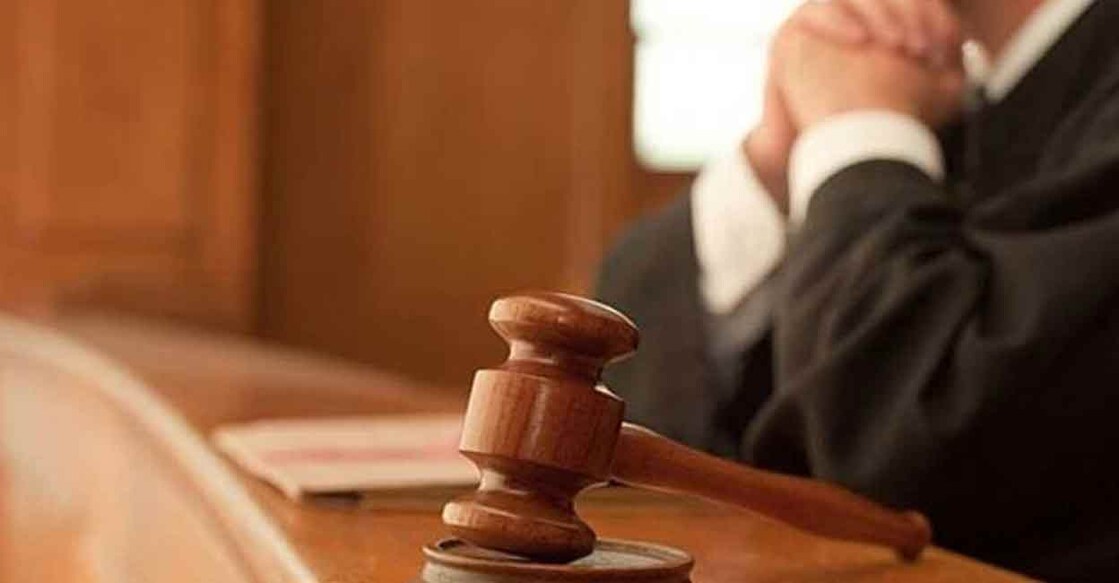Cooperative societies in Malappuram banned from approaching courts

Mail This Article
Kozhikode: In a controversial move, the Joint Registrar of Cooperative Societies in Malappuram district has issued a circular which restrains societies from approaching courts against decisions of Registrar of Cooperatives.
Even though the order cites the government’s austerity measures behind the move, cooperative societies in Malappuram point out that such a circular was issued in no other district in Kerala.
In fact, the societies in Malappuram allege that the real purpose of the circular is to prevent them from seeking legal action against the state government’s ongoing efforts to amalgamate the Malappuram District Cooperative Bank with the Kerala Bank.
The Joint Registrar explains in the circular that fiscal discipline and cost-cutting are essential for the steady growth of cooperative societies. However, it is pointed out that the State Registrar had issued similar guidelines in 2019. These guidelines were later stayed by the High Court in December 2019. The court had then observed that the circular did not stand legal scrutiny as even illegal decisions could not be challenged, if it came into force.
Incidentally, the latest circular of the Joint Registrar has also banned cooperatives from giving donations, advertisements and sponsorships till March 31 this year. In case there is a matter of urgency in this regard, societies could obtain permission from the Assistant Registrar.
In addition, the circular list the conditions for issuing gold loans and recovering the arrears. However, all these measures are suggested for Malappuram district alone.
District Bank moves Supreme Court
Meanwhile, the Malappuram District Cooperative Bank has approached the Supreme Court seeking a total stay on the procedures to merge it with Kerala Bank. The petition in this regard was moved by District Bank president and Member of the Legislative Assembly U A Latheef and some others.
They took the case to the apex court after the Kerala High Court declined to intervene in the issue.
The Kerala Government is carrying out the merger based on an amendment to the Kerala Cooperative Societies Act. However, the petitioners argue that the arbitrary decision of the government violates their democratic rights.
According to the amendment, merger of an A-class society could be carried out by serving it a 15-day notice. The Malappuram Bank’s petition moved through advocate Haris Beeran, says that this is a violation of the Banking Regulation Act.
The High Court had not issued a stay on the merger observing that the Registrar of Cooperative Societies had issued the notice for merger as per the powers vested with the office.
The origins of the dispute
The Kerala Bank was launched in December 2019 by the amalgation of the erstwhile district cooperative banks foolowing the Reserve Bank of India (RBI) nod. However, the Malappuram District Cooperative Bank refused to be part of the merger.
As per the plan the former 14 district banks, their 804 branches and the 20 branches of the then State Co-Operative Bank need to be merged for the creation of the Kerala State CoOperative Bank or Kerala Bank. Thus all the district co-operative banks, except the one in Malappuram, ceased to exist.
For a district cooperative bank to merge with the State Cooperative Bank, theKerala Cooperative
Societies Act had originally insisted on a two-third majority in each DCB.
As it turned out, the merger had the consent of two-third members only in seven DCBs. To get over this hurdle, the LDF government introduced the 14(A) clause that reduced the requirement to a simple majority. As a result, except for the Malappuram DCB, others fell in line.

